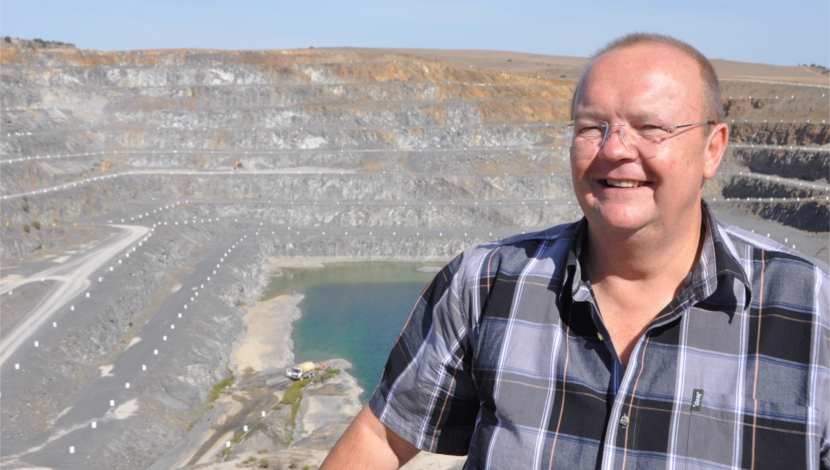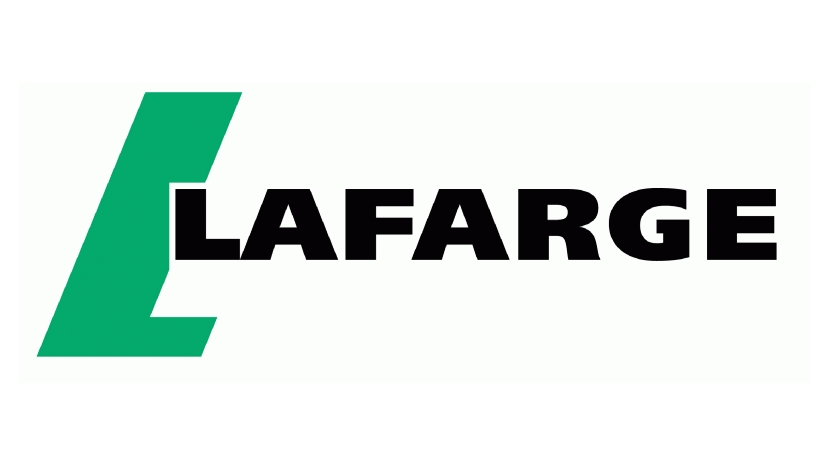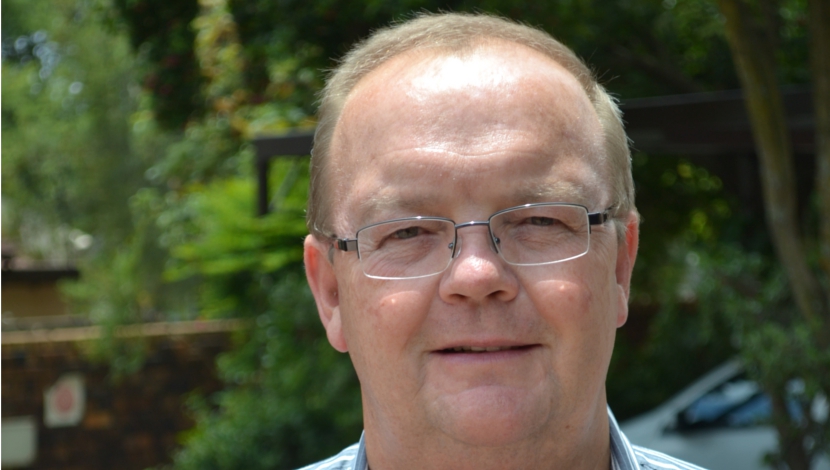

Education has become key in surface mining operations to evolve with new technologies and stay abreast of ever-tightening legislation and statutory compliance matters.
Modern surface mines therefore require employees with good education foundations which can be continuously advanced through on-the-job vocational training to improve the performance of the operation. With qualified, up-to-date personnel managing and operating every aspect of the mine, the chances of success are greatly increased, turning marginal mines into profitable ones and average mines into great ones.
According to Nico Pienaar, director of surface mining industry representative association Aspasa, the association is actively assisting the industry with its own training aimed at ongoing development of workers within the industry. While initial education should at least embrace elements that include technical, health and safety, management and environmental training, Aspasa’s ongoing vocational training is more focused on specific elements of operations.
Solid foundation
“Traditionally, initial education has formed part of the induction process by which trainees are given a feeling for the industry and for their employer. In addition, they are given sufficient technical knowledge to grasp the complexities of the surface mining process and to monitor and control the use of plant.
“They may also receive training on management techniques to assist in supervision. Knowledge of hazards in the industry and the organisation of safety within the unit is another priority area and some environmental training. Continuing education, however, is a different matter, which must provide input in keeping with the needs of national circumstances and the mine’s own operational and technical needs,” Nico explains.
He continues that technical issues relating to blasting, crushing, equipment, in-pit best practices and road transport are among the training courses offered to improve the effectiveness of member operations. They drill-down into the safe, sustainable and profitable operations of the mine and are presented by experienced, hand-picked industry professionals. The courses also assist members with compliance issues and dovetail with the association’s two audit programs which cover both health and safety, as well as environmental standards.
Social reputation
“However, we also want to encourage surface mine and quarry management to look beyond their boundaries towards surrounding communities and the general marketplace. They need to invest substantially more in maintaining a good reputation and maintaining good public relations (PR). The next phase of training we suggest therefore, should be directed towards projecting a professional, trustworthy image and dealing with stakeholders, including pressure groups and surrounding communities.
The treatment of PR purely as a marketing exercise is not enough and stakeholders really need to be handled in a professional manner. “The mine effectively needs to prove that it is a good neighbour and professional corporate citizen. It is important that it is seen to have a respectable management team and workforce (competent) which is more likely to attract long-term community support than a host of glossy brochures.”
Nico notes that in terms of management education and training, the industry has tended to concentrate on treating the symptoms, giving priority to the warts while the cancer has gone unchecked. The environmental content of training courses has tended to be reactive with problems taking centre stage, rather than the avoidance of these problems.
Community education
“As a result, the industry’s approach to community relations has ranged from ‘attack is the best form of defence’ to ‘head-in-the-sand’ tactics. Perhaps we have too readily slipped into the trap of regarding the community as ill-informed, their protests unreasonable, and resorted to emergency counter-measures assuming that the whole thing will blow over’.
“In recent times, however, Aspasa has started to inform industry and the public of the importance of surface mines and quarries. It has also shown how its members are world leaders in terms of safety, health and environmental matters. This has led to a more positive perception and image of the industry. Now all we need to do is ensure that members are suitably well trained to uphold this image,” concludes Nico.
Aspasa, Nico Pienaar, Tel: (011) 791 3327, Fax: 086 647 8034, Email: nico@Aspasa.co.za, Web: www.Aspasa.co.za



